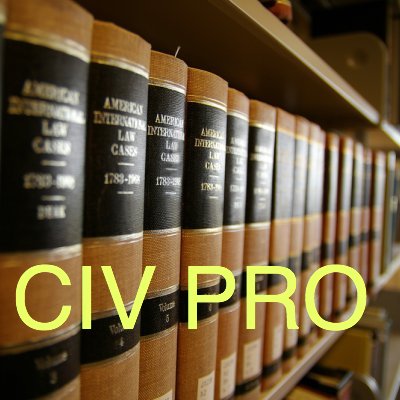Defamation with T-Swift
T-Swift can sometimes be slightly annoying, but just like Bieber, she does have some catchy songs. Like this one: We are Never Ever Getting Back Together.
For the record, I would not be surprised if you are cringing at my song choice right now. But come one...give me a chance.
For the record, I would not be surprised if you are cringing at my song choice right now. But come one...give me a chance.
Happy studying.
We Know Defamation
You might be thinking this is pretty sad – agreed
But defamation needs a catchy tune – you’ll see
This one will not leave your head…like ever
Defamation – it’s a tricky tort – really
The gist is to protect the reputation – and we
Know there are 2 kinds – libel and slander
OOO –false defamatory statement
OO concerning the plaintiff
OOO publication to another
OO fault and damages
I’m telling you telling you
We are 1Ls 1Ls 1Ls
We know defamation
We know that written oral statements
Lead to litigation
Libel’s worse than slander
Cuz it lasts forever – true
Slander’s easy to prove
Special damages assume
We are 1Ls 1Ls 1Ls
We know defamation
Libel equals damages presumed – easy
Libel per se – on its face defamatory
Libel per quod: we need extra facts
Slander- P must prove specific harm – hard to do!
Slander Per Se means it was so bad -- so presumed
Slander per quod – we aren’t tested on this
OOO –false defamatory statement
OO concerning the plaintiff
OOO publication to another
OO fault and damages
I’m telling you telling you
We are 1Ls 1Ls 1Ls
We know defamation
We know that written oral
statements
Lead to litigation
Libel’s worse than slander
Cuz it lasts forever – true
Slander’s easy to prove
Special damages assume
We are 1Ls 1Ls 1Ls
We know defamation
Analyze: first thru common law – then to
Constitution: plaintiff and statement – run through
Fault ground? Malice, reckless, negligence
Last in constitutional breakdown – is this
Figure out the damages and don’t dismiss
Privileges like absolute or conditional
OOO –false defamatory statement
OO concerning the plaintiff
OOO publication to another
OO fault and damages
I’m telling you telling you
We are 1Ls 1Ls 1Ls
We know defamation
We know that written oral statements
Lead to litigation
Libel’s worse than slander
Cuz it lasts forever – true
Slander’s easy to prove
Special damages assume
We are 1Ls 1Ls 1Ls
We know defamation
We are 1L's almost 2L's
We'll know defamation







